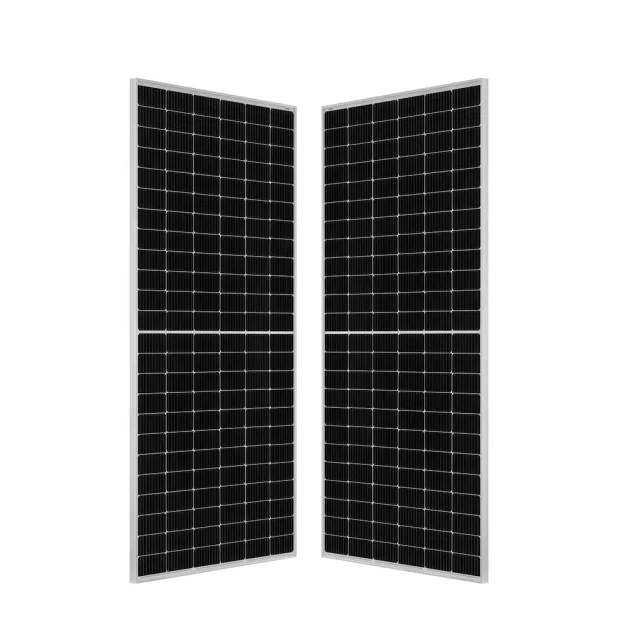What are the 3 types of solar power systems?
Apr. 08, 2024
Solar power systems harness the energy from the sun to generate electricity, offering a renewable and sustainable alternative to traditional fossil fuel-based energy sources. There are three primary types of solar power systems: grid-tied, off-grid, and hybrid. Each type has distinct characteristics and applications, catering to different energy needs and preferences.
1. Grid-Tied Solar Power Systems
Grid-tied solar power systems, also known as grid-connected or grid-interconnected systems, are the most common and straightforward type of solar installation. These systems are connected to the local utility grid, allowing excess electricity generated by the solar panels to be exported to the grid for credit or compensation.
Grid-tied systems typically do not incorporate battery storage, relying on the grid as a virtual storage solution. They are well-suited for residential, commercial, and industrial applications where grid access is reliable, and net metering or feed-in tariffs are available. Grid-tied systems offer cost savings through reduced electricity bills and potential incentives for solar energy production.

2. Off-Grid Solar Power Systems
Off-grid solar power systems, also known as standalone or independent systems, operate independently of the utility grid. These systems rely on battery storage to store excess energy generated during the day for use during periods of low solar irradiation or at night when solar generation is not available.
Off-grid systems are commonly used in remote areas where grid access is unavailable or prohibitively expensive. They are popular for powering cabins, remote homes, RVs, boats, and telecommunications equipment. Off-grid systems require careful sizing and design to ensure sufficient energy storage capacity to meet the load demand during periods of low solar input.
3. Hybrid Solar Power Systems
Hybrid solar power systems combine the features of both grid-tied and off-grid systems, offering the flexibility of grid connectivity with the security of battery backup. These systems are equipped with both grid connection and battery storage capabilities, allowing users to maximize self-consumption of solar energy while providing backup power during grid outages.
Hybrid systems are ideal for regions with unreliable grid infrastructure or frequent power outages. They can also optimize self-consumption by storing excess solar energy for use during peak demand periods or when grid electricity prices are high. Hybrid systems are gaining popularity in residential, commercial, and industrial settings, offering a balance between grid independence and grid connectivity.
Conclusion
In conclusion, grid-tied, off-grid, and hybrid solar power systems offer distinct advantages and applications to meet diverse energy needs. Grid-tied systems provide cost savings and incentives for solar energy production, while off-grid systems offer independence from the utility grid in remote areas. Hybrid systems combine the benefits of grid connectivity with battery backup, offering reliability and flexibility. Understanding the differences between these three types of China solar power systems is essential for selecting the most suitable solution based on energy requirements, location, and preferences.
13
0
0
None
None

Comments
All Comments (0)